Humans
Sign up for our newsletter
We summarize the week's scientific breakthroughs every Thursday.
-
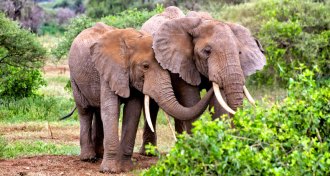 Health & Medicine
Health & MedicineA resurrected gene may protect elephants from cancer
Researchers have found another gene that may play a role in explaining elephants’ cancer resistance.
-
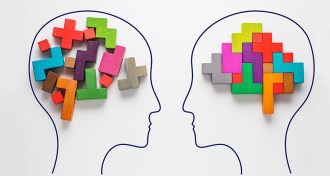 Neuroscience
NeuroscienceStrange brains offer a glimpse into the mind
A close look at unusual brains offers a way to understand how the human mind is constructed, two new books argue.
-
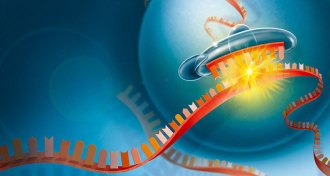 Health & Medicine
Health & MedicineThe first gene-silencing drug wins FDA approval
The FDA just approved the first drug that works via RNA interference.
-
 Health & Medicine
Health & MedicinePregnant women’s use of opioids is on the rise
The rate of opioid use during pregnancy more than quadrupled in 28 U.S. states, prompting physicians to call for increased screening.
-
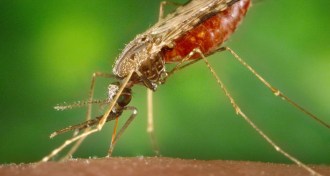 Health & Medicine
Health & MedicineA newly approved drug could be a boon for treating malaria
Tafenoquine could help prevent the recurring form of malaria, but the drug may also be dangerous for people who have a certain genetic mutation.
-
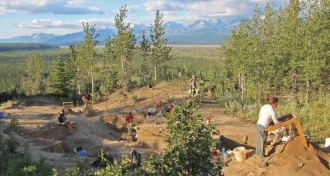 Archaeology
ArchaeologyThe debate over people’s pathway into the Americas heats up
Defenders of an ice-free inland passage for early Americans make their case.
By Bruce Bower -
 Health & Medicine
Health & MedicineZika may harm nearly 1 in 7 babies exposed to the virus in the womb
A new CDC report tallies neurological and developmental problems, in addition to birth defects, possibly due to Zika in U.S. territory–born babies.
-
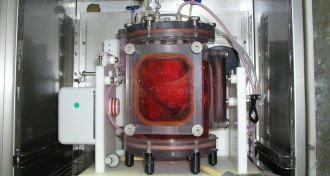 Health & Medicine
Health & MedicineScientists successfully transplant lab-grown lungs into pigs
Pigs implanted with lab-grown lungs recovered from surgery with no breathing problems.
-
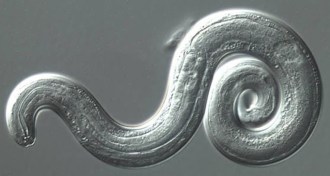 Health & Medicine
Health & MedicineRat lungworm disease is popping up in the mainland United States
A disease caused by a parasite endemic to Asia sickened at least 12 people in eight states in the continental United States from 2011 to 2017.
-
 Genetics
GeneticsThe ‘language gene’ didn’t give humans a big leg up in evolution
Scientists have long debated the role of a gene called FOXP2 in recent human evolution.
-
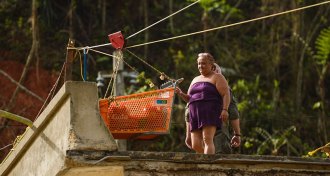 Health & Medicine
Health & MedicineHurricane Maria’s death toll in Puerto Rico topped 1,100, a new study says
According to data from the Puerto Rico vital statistics system, Hurricane Maria killed an estimated 1,139 people.
-
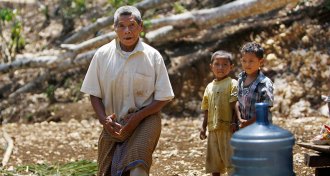 Genetics
GeneticsIndonesia’s pygmies didn’t descend from hobbits, DNA analysis suggests
Short people living on the Indonesian island of Flores don’t appear to have DNA from controversial, small-bodied Stone Age hominids called hobbits.
By Bruce Bower